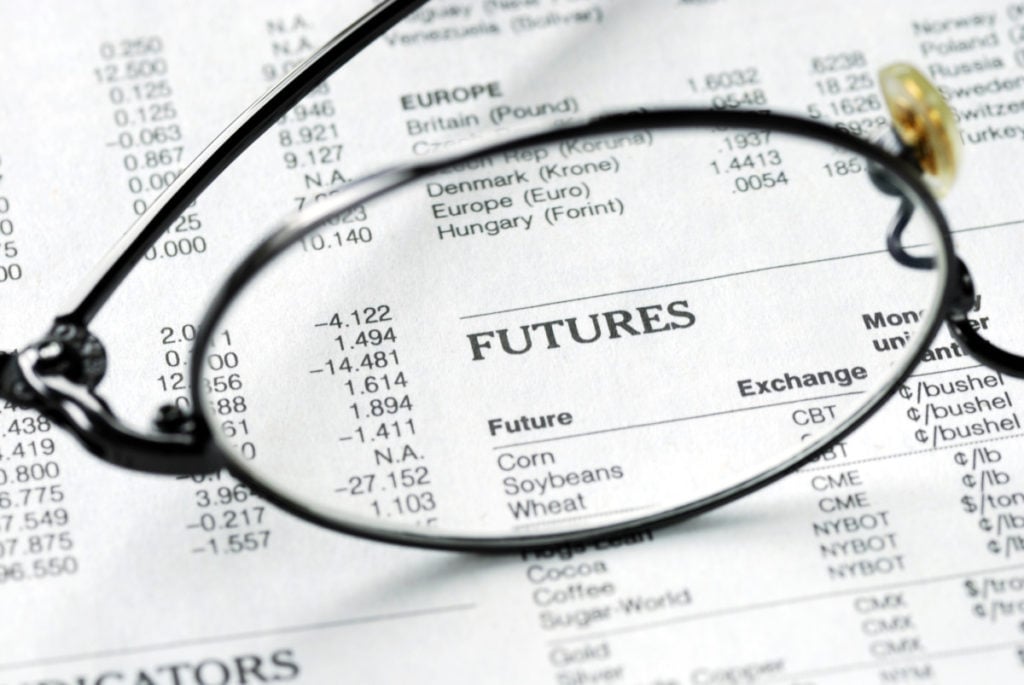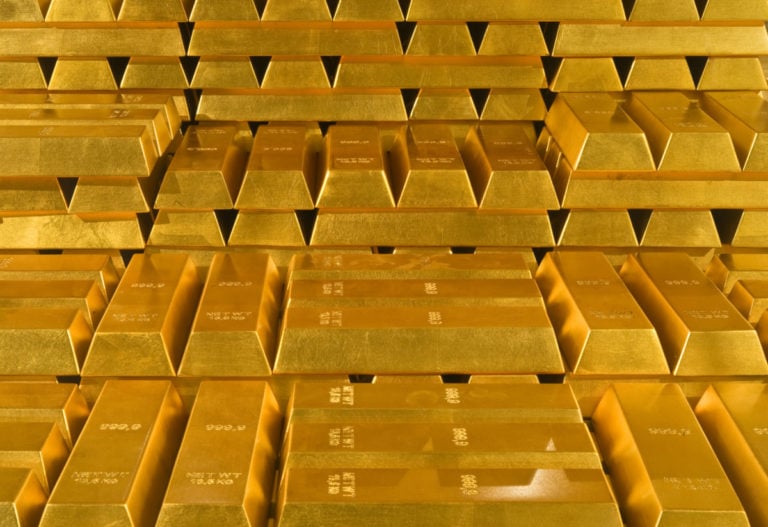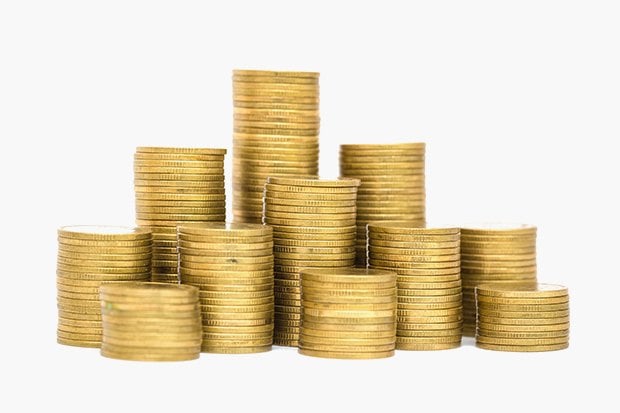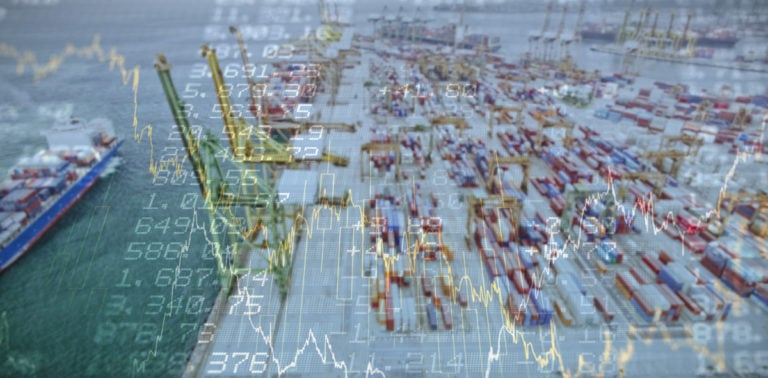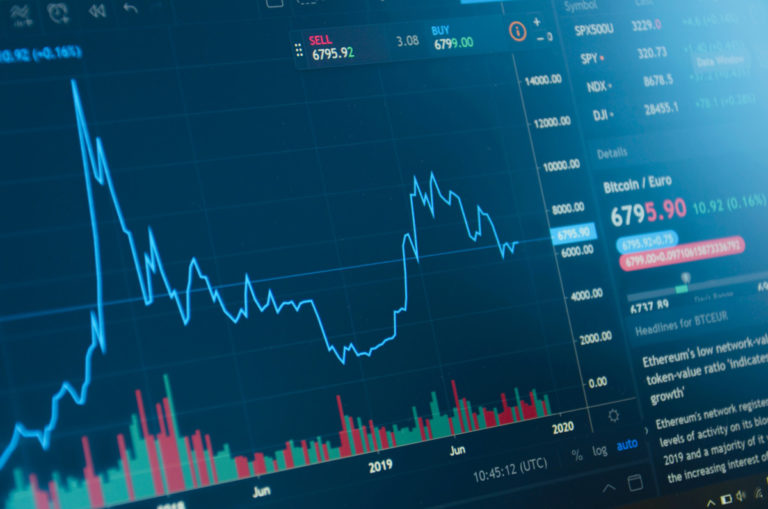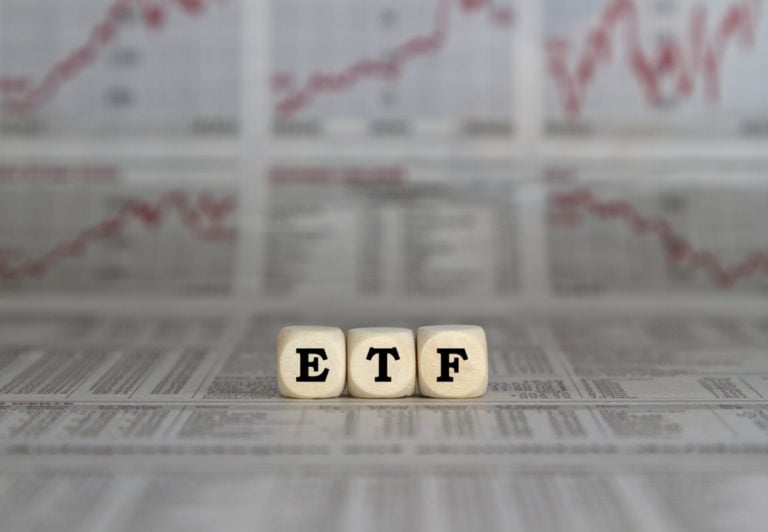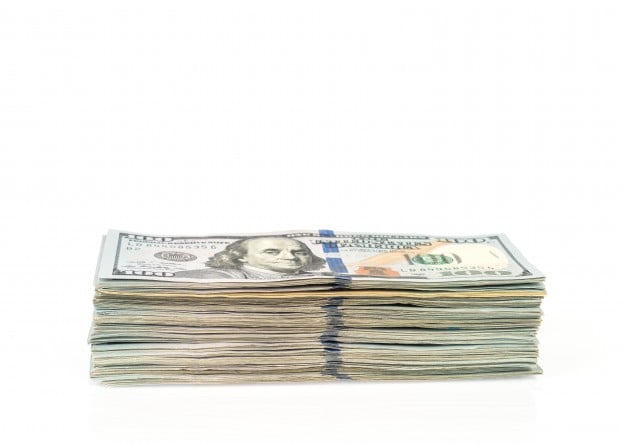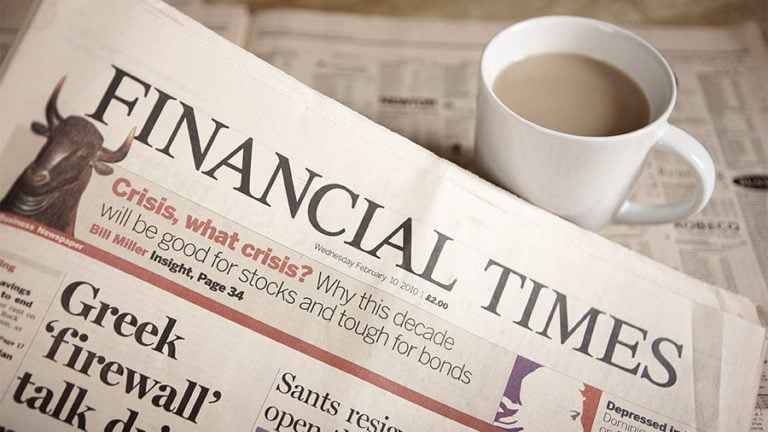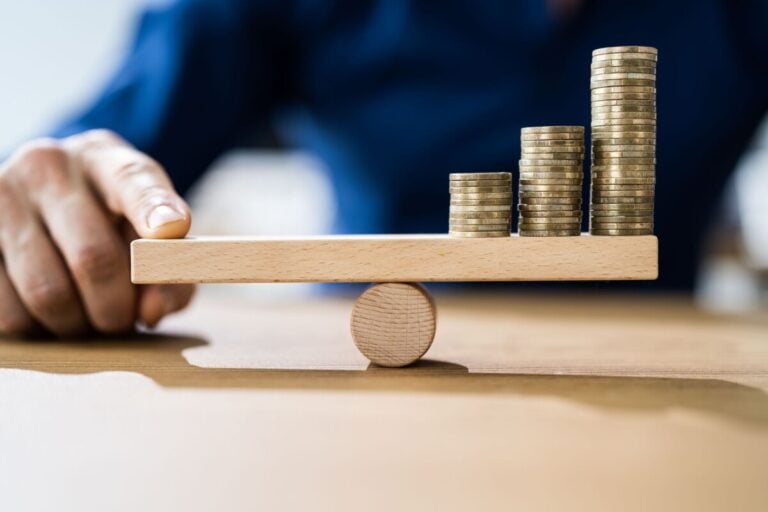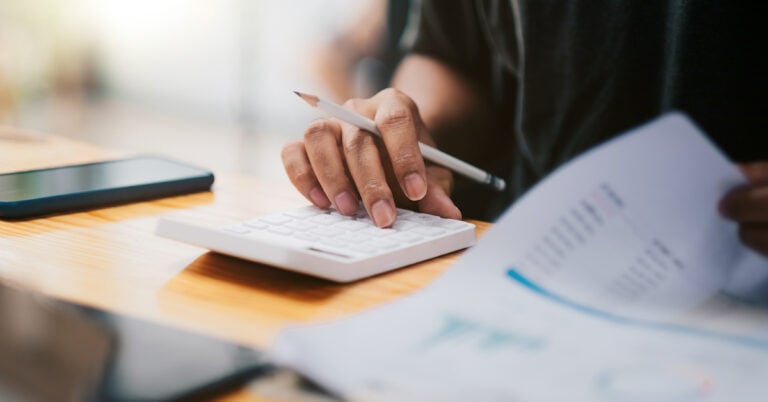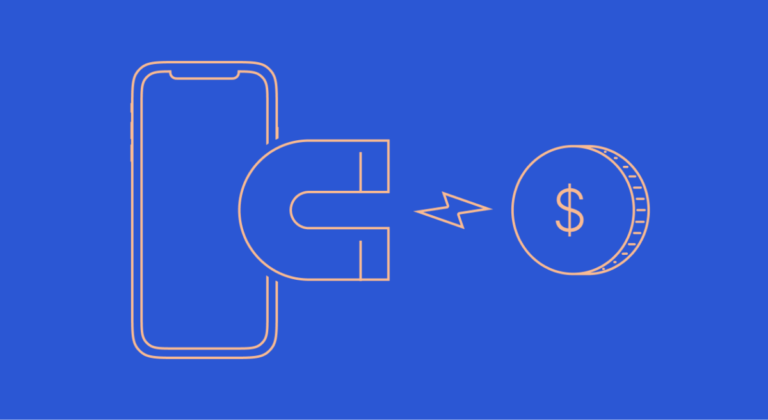Futures is a contract that provides for the supply of goods or services in the future. The name itself contains the English word future – the future. As with any transaction, the buyer and seller agree not only on the timing of delivery, but also on the price.
The futures transaction is approved at the moment when the futures contract is concluded. All conditions are formed on the exchange, and they are common to all participants. The conclusion of transactions also takes place on the stock exchange. The purpose of such transactions is to fix the price of a product or service, thereby providing protection against possible changes in the future.
History of futures
Futures contracts appeared as a response to the desires of buyers and producers of goods (mainly agricultural). For example, those who were engaged in the cultivation of tulips did not have the opportunity to determine the price of their flowers that had not yet grown. The fact is that they could not determine in advance what the future harvest would be. If it is high, then the price will fall, and may be lower than the current one. But it may turn out that bad weather conditions will significantly reduce the yield. In this case, the price will increase significantly.
It turned out that those selling and growing tulips could not determine the price in advance. Both sides suffered because of this. The way out of the difficulty was futures contracts.
What are futures in simple words – expert explanations
Mikhail Parshikov, independent financial consultant. Premium Financial Advisor. Practicing trader, investor since 2005. Managing partner, hedge fund trader from 2013 to 2017. Specialization – Eurobonds. Experience in MOEX (MICEX, RTS), NYSE, NASDAQ, CME, CBOE, ICE, EURONEXT, LSE, EUROCLEAR, CLEARSTREAM. Education: UIFR – Ural Institute of the Stock Market, FFMS 5.0, CIIA (European analogue of CFA) – graduation in 2020.
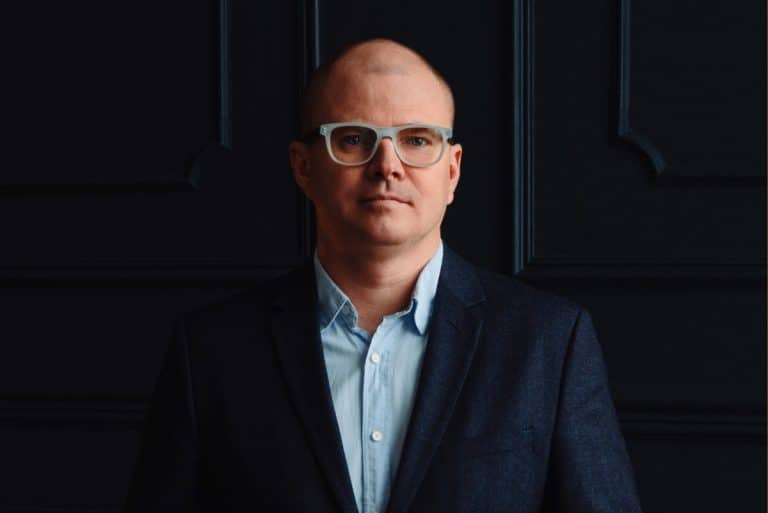
Futures are derivative financial instruments, contracts to buy or sell an underlying asset in the future. They appeared 200 years ago in Japan, and left agriculture when rice producers entered into a contract to sell their future crop at current prices. Thus, the farmer insured against price fluctuations, yes, he could lose profit if prices rise, but he will not receive a loss if prices fall, and he can be sure of future income. Rice acts as the underlying asset of the contract.
As we can see, the main role of futures is hedging or, in simple terms, insurance against price changes.Futures are best used by producers when they sell futures for their products in the future, or by consumers of a commodity who can use futures as insurance against rising prices.
By fixing the price with the help of futures, you can calculate the economy and future profits of the enterprise. This is what futures are for, but now many people use these instruments for investments and speculation on the stock exchange, completely ignoring the risks that derivatives can carry.
Once again, this was demonstrated to us by the situation in the May futures for oil: individuals lost hundreds of millions of rubles when the contract expired at a price of minus $37.3. People not only lost their funds, but now they also owe brokerage companies, for many this is completely unaffordable money. Most likely, many did not even imagine that prices could trade in the negative zone, and wanted to buy contracts with the hope that they could earn on rising prices.
How to properly use futures for private investors? If this is speculation, then you cannot risk the entire amount of funds in the account, use only a small part to trade one contract, use different instruments, this will dilute the risk of sharp price fluctuations.
And if you are an investor, it is better to use futures for their intended purpose. Let’s say you invest in Sberbank shares and count on dividends and price growth in the long term, then, along with bad news, you could sell Sberbank futures and be calm about your investments, the futures compensate for the loss. When the hype subsides, you can close the contract at a profit and stay in the stock position.
Happy investment!
Future contract
Futures contacts (contracts) are also called underlying assets. They can be concluded for trading:
- company shares;
- company bonds, as well as securities trading in federal loans;
- different types of currencies;
- stock indices;
- interest rates, etc.
Futures are a type of financial instruments. Both investors and traders (speculators) show interest in them.
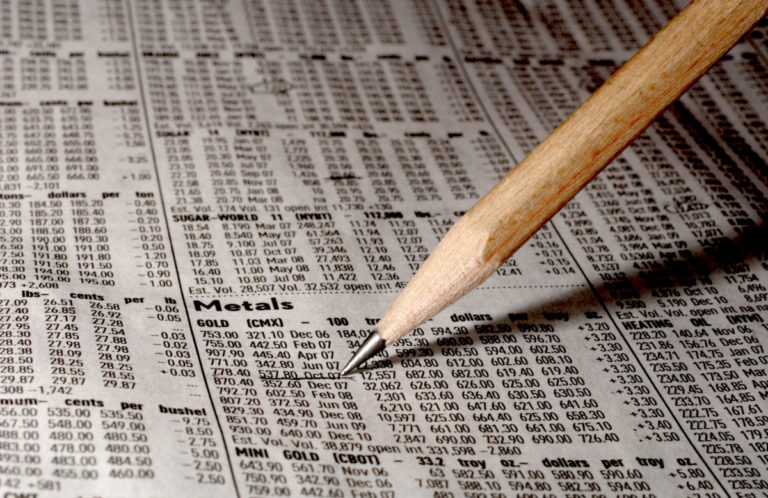
Any futures contract can be attributed to one of two varieties:
- settlement;
- deliverable.
Settled futures contract
Under the settlement contract, the supply of goods is not provided. The subject of the contract is only the cost. It is mandatory to specify the amount of the payment and the date when it is made. In the event that this type is not sold by the agreed date, the transaction is automatically closed on the last day of trading. At the close of the trading session, the market quote is set.
If the amount of the purchase during the sale is higher than the cost, the transaction is recognized as profitable. If at the time of closing the price is lower than the initial one, the deal is recognized as unprofitable.
In a settlement futures, the parties make cash settlements between themselves. In this case, the sum becomes the difference between the prices: named by the contract and the market price existing at the time of execution. As an example, we can name the execution of a contract for a pair of ruble-dollar or the index of the Russian Commodity and Raw Materials Exchange (RTS).
The purpose of the operation is to protect (hedge) the risk or profit from speculation.
Delivery futures
In the second case, the contracts are deliverable. When they expire, the goods must be delivered or the service performed. The commodity can be dollars or euros, deliveries of securities are possible. The price is negotiated at the time of signing the contract. If the conditions are not met by the seller within the prescribed period, the exchange imposes a fine on him.
Who issues futures
The issue of shares and bonds is carried out by companies or governments of countries. No one is engaged in issuing futures contracts. These are not securities, but obligations of the parties. That is, they are created by traders. The third party to the transaction is the exchange. It creates requirements and conditions under which sellers and buyers enter into contracts.
At the same time, it creates a specification for fixing the conditions:
- what kind of futures contract are we talking about – settlement or delivery;
- its full name is full;
- abbreviated name, which is a symbol;
- quantity of goods per 1 contract;
- the period during which the contract is valid;
- due date;
- The smallest possible price change is the step size.
When a contract is concluded between the seller and the buyer, they have the opportunity to agree only on price, since other conditions are determined by the exchange.
How to buy futures
Contracts are sold and bought on the exchange, that is, everything happens as with any exchange instrument. They have a value that can change over time. The goal is to buy low and sell high. The resulting difference is the trader’s profit.
When the moment of execution occurs, several scenarios may develop:
- zero, in which each party remains with its own money;
- when the price of the goods rises, the buyer gets a profit, since the contract was purchased at a low price;
- in the event of a price reduction, the seller ends up with a profit, while the buyer incurs a loss.
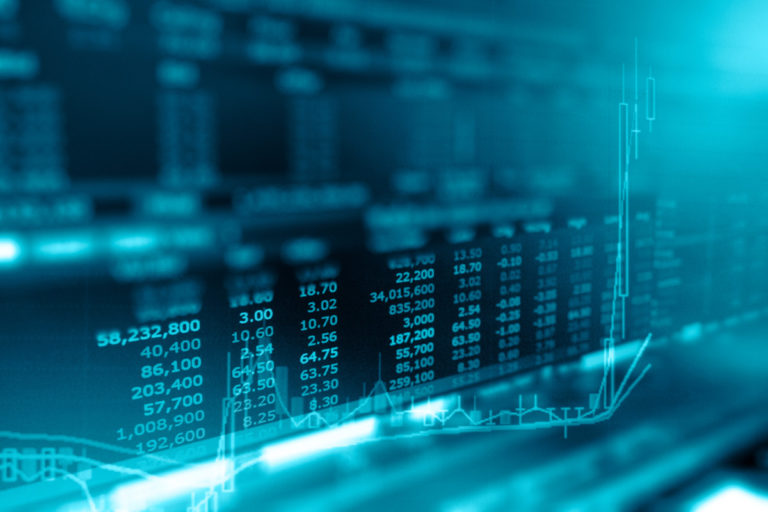
The role of the exchange is to guarantee that obligations will be fulfilled. The seller and the buyer are obliged to provide her with a guarantee (GO or security deposit). That is, the entire amount stipulated by the contract is not paid, only the amount of civil defense is frozen on the account. These conditions apply to both parties. The amount of collateral for futures exchanges is calculated for each financial instrument.
It is possible that in the course of trading a trader or investor does not have the required amount provided for the GO. Then the broker turns to the client with a request to replenish the account. If this does not happen, the broker will close part of the transactions forcibly at the market price. This operation is called a margin call.
In order not to find themselves in a difficult situation, investors and speculators with experience keep amounts in the account that exceed the size of the guarantee.
A number of brokerage companies offer their clients benefits, that is, reduced amounts of GO. To receive such a benefit, you must have a large amount in your account.
The stock market represents various contracts. Futures differ from other types in the following ways:
- Conclusion of a purchase and sale transaction is possible only if the cost of the goods is not constant, but changes in such a way that it is impossible to make a long-term forecast.
- The contract can be insured. Then, if one of the parties does not meet the conditions, compensation is provided for the injured participant. The funds of the clearing company are used for compensation.
- Such futures transactions carry less risk than occurs when other types of contracts are entered into.
- The deal is clear to each party, as the terms are negotiated in advance.
Such features of contracts provide them with high liquidity, allowing them to plan the budget. It is not difficult to distinguish them from forward contracts (deferred contracts). The first is a recurring exchange transaction, the second is an over-the-counter one-time transaction.
Differences between futures and options
Futures should not be confused with options. When buying the first financial instrument (futures), there is a mandatory fulfillment of the conditions. The second (option) allows the obligation not to be fulfilled if there is no benefit for the party to the contract.
How to trade futures
In Russia, futures trading is possible on the Moscow Exchange. To purchase one contract, you must have at least 10-20% of its value on your own account. To replenish the account, a bank transfer is used. In this way, a guarantee is created. For foreign trading floors, smaller amounts are typical, from one hundredth to one five thousandth.

The most purchased Russian instrument is the RTS index. You can buy it using the services of licensed brokers. In this case, the buyer receives a loan (shoulder). It provides an opportunity to make large futures transactions even when there are few funds in the account. It should be remembered that there is a great risk in such trading.
To start a futures transaction, a number of conditions must be met:
- There must be enough assets in the account to cover the GO. The amount for such instruments may be different. The value of an asset changes during a trading session. The size of the GO also changes after the intermediate evening clearing and before the start of morning trading. The balance must contain an amount sufficient to continue trading, subject to losses.
- During transactions, brokerage and exchange commissions are charged. Their size is significantly (many times) less than in the case of stock trading.
- Intraday traders often use futures contracts.
- Traders can go long or short. If the profit is obtained from rising prices, then such a deal is called long (long position). Short or a short position is called receiving income from price drops. In this case, the trader borrows the asset.
- More traders prefer settlement trades. Their goal is not to receive goods, but only to earn money by changing prices.
- The futures market is most suitable for speculators.
- Waiting for the contract to expire is optional. Assets can be sold when it makes a profit.
- When a trade is made, the exchange acts as a third party. Her job is to enforce the rules. The exchange charges a commission for the services provided.
Brokers trading futures
To trade futures, first of all, you should choose a broker (an intermediary company that provides access to this market). Each trader has his own selection criteria. It depends on the amount he has, free time and other components.
When choosing a company, you should carefully read the conditions in the contract and find out the reliability of the company itself.
To make transactions, you need to acquire software. Many people use QUIK and MetaTrader trading terminals. These programs after downloading require proper configuration. A number of brokers have their own trading platforms that are provided to clients.
The choice of a suitable instrument and trading strategy matters. Here it is possible to independently develop or use the experience of other traders.
For trading to be successful, you need to use technical analysis (indicators, properties of price charts) and fundamental analysis (news, global political and economic events).
If you have no experience in trading on the stock exchange, you can use demo accounts, which will allow you to gain the necessary skills. Such training is useful not only for beginners, but also for experienced traders.
How futures work – explained by a financial analyst
Nikolai Klenov, Raison Asset Management, financial analyst. 7 years of experience in analyzing global financial markets, including in ON/Capital, Amaday. Specialization – IPO on American stock exchanges.

Futures are a standardized exchange contract that obliges parties to buy or sell an underlying asset at a specified price on a specified date in the future. This contract has a specification that defines the term, price, and quantity of the asset being traded.
Futures can be delivered and settled. A delivery futures implies a physical delivery of the underlying asset from the stock exchange after expiration (the expiration date of the contract). In the case of a settlement futures, the difference between the contract price and the actual price of the underlying asset is also recalculated at the time of expiration.
If the price of the futures rose, then the buyer wins, if it falls, then the seller.Futures are used for insurance against financial risks (hedging), as well as for speculation.
Future Spread
In addition to the usual buying or selling of a futures contract, spreads (simultaneous combination of futures) can be used. The most common spreads include:
- Calendar Spread – simultaneous buying and selling of two futures of the same type with the same price but different expiration dates.
- Intermarket spread — a trader buys a contract for one asset and sells a contract with the same term for another asset.
- Cross-exchange spread is the purchase of a contract on one exchange and the simultaneous sale of the same contract with the same term on another exchange.
What are the most popular futures? There is no clear answer here. It all depends on what goals the investor is facing.
Characteristics of futures
Successful trading is possible when the characteristics of futures as financial instruments are taken into account.
Volatility
Volatility refers to the range of price fluctuations. For speculators, trading in assets with high volatility is preferable. Due to this, it is possible to have big profits in a short time.
However, such trading is characterized by high risks, for this reason, many traders prefer trading in a more relaxed environment.
Futures liquidity
Liquidity refers to the level of demand for certain types of futures. This indicator is estimated on the basis of the number of bids for the purchase and sale at various price levels. Instruments with high liquidity allow you to make transactions faster.
Diversification of financial instruments
Diversification refers to ways to protect your capital from possible losses. For these purposes, they make up their own investment portfolio, which includes various instruments at the same time. Under this condition, the losses of one are covered by the profits of the second.

When making a transaction, it is recommended to put a small part of your own money at risk. To reduce losses, price limits should be set.
Margin and financial result
The purchased futures contract is called an open position. Every day at the end of the auction, a variation walrus is added to it, which is formed due to the difference between the purchase prices and that determined at the end of the auction (clearing). At the moment of execution of the contract, the entire amount, which includes indicators for each day, is called the financial result of the transaction.
Variation margin is an indicator used to determine the profit of a trade. With its regular calculation, it is possible to determine the best time to close, providing the greatest profit. There is a formula for determining profitability:
VM = (Pn − Pn-1) × N, where:
- Pn is the contract price for a particular day,
- Pn-1 – quote that existed at the end of the previous day (n-1),
- N – number of contracts.
You can do calculations every day. This allows you to evaluate the dynamics with which profits or losses appear, which means that it is possible to make a forecast. Based on this, the trader has the opportunity to decide on further actions. It can be a sale of a contract or an open position.
Futures for beginners – broker’s advice
Evgeniy Marishin, IFK Solid, personal broker. Evgeny Marishin specializes in Russian market instruments: stocks, bonds, futures for securities, commodities, currencies, as well as US market ETF shares. Graduate of the Russian State Trade and Economic University (RGTEU), specialty “World Economy”. I first got acquainted with financial markets at the age of 16, started active trading in 2012.

If buying stocks for the long term is like riding a city bus, trading derivatives in the futures market is like driving a sports car in checkers at 200 km/h in heavy traffic. 95% of people will not last even a minute without an accident – this is the reality of the futures market.
Tip #1: If your goal is to accumulate and grow capital, stay away from the derivatives market.Today, about 90% of the turnover of the derivatives market (or “terms”) is speculation. In other words, traded derivatives (futures, options) are mainly used to make a profit on changes in the value of underlying assets such as oil or gold.
This market attracts investors and speculators, as it provides an opportunity to multiply their capital on derivative instruments, and in a fairly short time.
The other side of “urgency” is the risks. Every investor knows that the higher the potential return, the higher the risk.In addition to the many players, there are more robots on the derivatives market that make trading even more difficult.
Futures trading strategies
The most successful term trading strategy for beginners is long-term trading. Just like buying shares, buying contracts for oil or gold gives you the opportunity to capitalize on the rise in the price of these assets. At the same time, you do not need to think about where to put this product, where to store it, to whom to sell it later, and so on. You simply get your profit on the difference in the price of an asset.
However, many come here for a quick income. As a result, 99% of people who first come to try their luck on futures or options will lose their money. This is statistics.
Tip #2: Use your time to your advantage. Do not rush to earn every day or week. Bet on the continued growth of the asset (at least 2-3 months).If you still want to receive speculative earnings on the derivatives market in order to increase your capital, then remember tip number 3.
Tip #3: Find an experienced mentor/manager and ask for their brokerage report for the year.If a person has earned at least a year on the “urgent” – it means that he has more than one year of torment .. training behind him. This one can be trusted. Otherwise, be prepared to spend several years at the monitor on your own to learn how to make money on derivatives.
Trade is a separate (one of the most difficult) type of business. Doesn’t it occur to anyone that running a plant is easy? Same story with the futures market.
Tip #4: Don’t fall for provocative ads that say the stock exchange is easy money.Today there are a number of the most popular assets and their derivatives, which are loved by speculators. Among them are currency, oil, gold, gas, stocks (blue chips), commodities (wheat, corn). On the derivatives section of the Moscow Exchange, the most traded instruments are futures for oil, gold, shares of Gazprom and Sberbank, as well as futures for the dollar / ruble.
